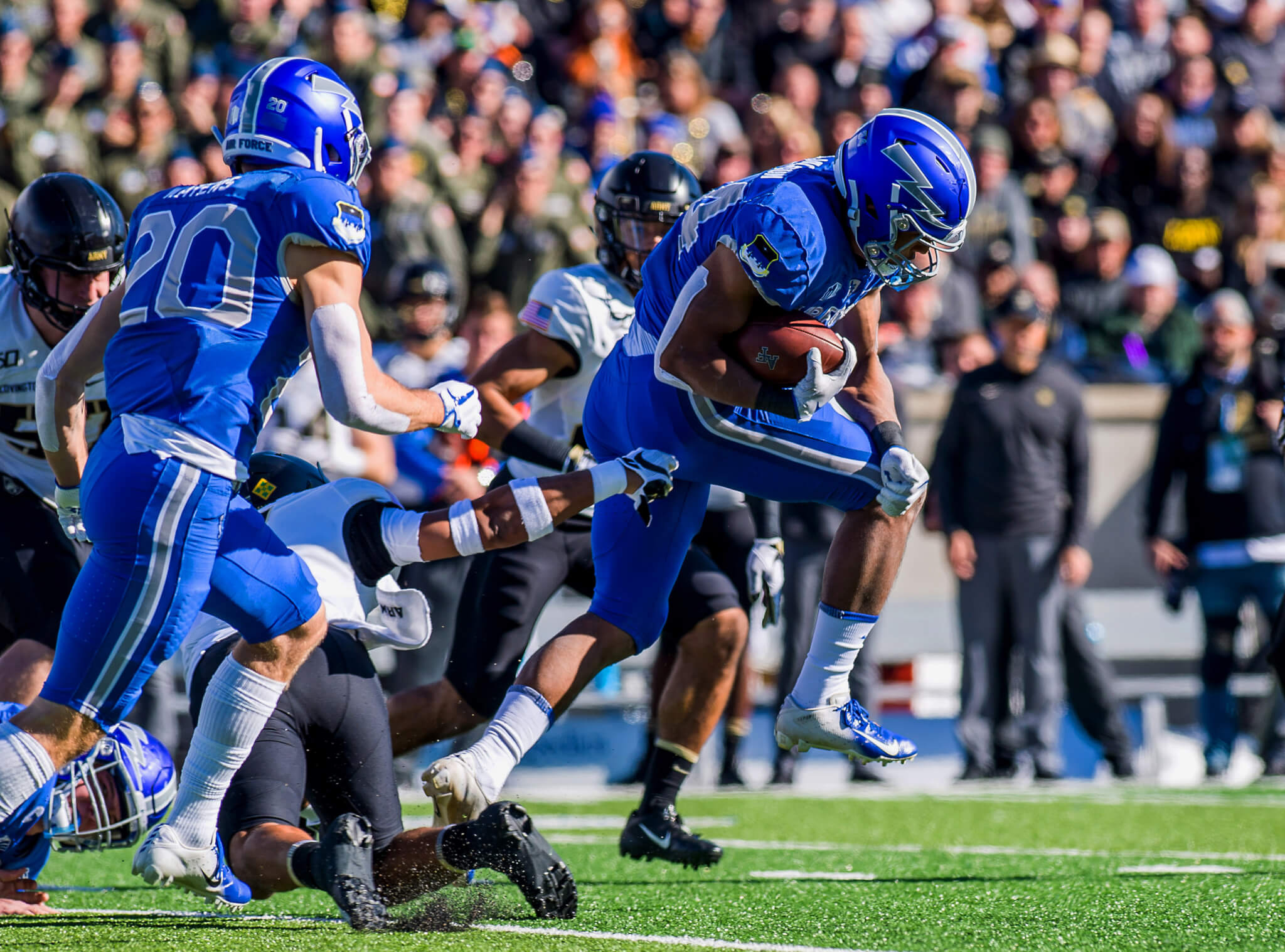11 January 2016
Geneva Contributes to NCAA-DoD Grand Alliance: CARE Consortium
Mild traumatic brain injury (mTBI) and sport-related concussion (SRC) are fundamental concerns facing the U.S. military, the sports community, and the general public. Although significant advances have been made in the understanding of concussion, the natural history of concussion remains poorly defined, no objective biomarker of physiological recovery exists for clinical use, athlete knowledge of the injury remains low, and critical questions remain regarding the physiological effects on brain structure and function.
To address these issues, the National Collegiate Athletic Association (NCAA) and the U.S. Department of Defense (DoD) partnered to form the NCAA-DoD Grand Alliance, an initiative that leverages their combined resources and collective experience to advance the science of SRC for the benefit of student-athletes and service members. This initiative includes the most comprehensive study of concussion and head impact exposure to-date, the NCAA-DoD Grand Alliance: Concussion Assessment, Research and Education (CARE) Consortium.
The CARE Consortium is a large-scale study of concussion across 31 sites and multiple sports that aims to increase the current understanding of concussion, address the neurobiological mechanisms of concussion symptoms and trajectory of recovery, and as a result, derive evidence-based approaches to concussion assessment, management, and practice. The CARE Consortium will enroll and follow an estimated 35,000 male and female NCAA student-athletes and service academy cadets from over 25 universities and four U.S. Service Academies. Participants receive comprehensive preseason evaluations and annual assessments for concussion as well as follow-up evaluations in the event of an injury.
The Geneva Foundation is supporting the CARE Consortium through collaboration with two U.S. Service Academies; the U.S. Air Force Academy and the U.S. Military Academy (West Point). Unlike the other sites participating in the study, these service academies are enrolling all students in addition to their NCAA athletes. By actively engaging and recruiting all military cadets from these institutions for participation in the CARE Consortium, the site investigators and Geneva are providing the NCAA-DoD Grand Alliance with a participant population of athletic, young adults who are often pushing themselves physically and mentally and are vulnerable to mild traumatic brain injury.
The CARE Consortium includes cutting-edge studies that incorporate head impact sensor technologies, advanced neuroimaging, biological markers, and detailed clinical studies to examine the acute effects and early pattern of recovery from SRC. Ultimately, the work is designed to more fully inform a comprehensive understanding of SRC and mTBI, which have major implications for improving safety, injury prevention, and medical care in all populations at risk, including athletes and military service members.


